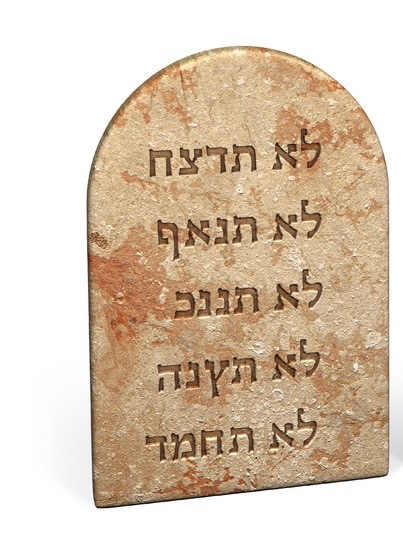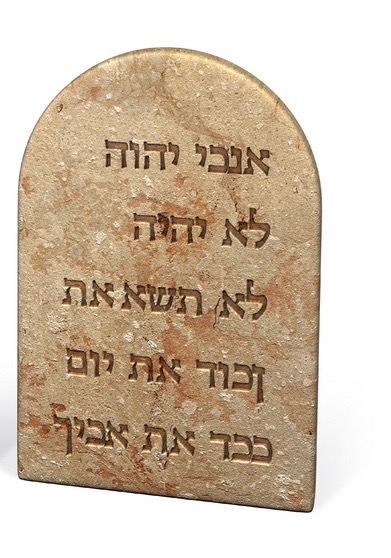Week 4 – Bible Blog! (Exodus 13 – Exodus 32)
Welcome Back to the Bible Blog!
Hey! Four weeks in! Woo Hoo!!! Only 11 months to go and we’re all the way through. If you are a day or two behind, don’t worry. It doesn’t take long to catch up! Just try to make this an everyday habit. In fact, if you’ve been diligent to do this every day it probably has already become a habit.
So this week’s blog…
The story picks up with 2-3 million Israelites standing on the shores of the Red Sea. About to go for a leisurely dip? Looking to sun themselves on one of their first days of freedom? Nope! Their greatest fear is about to come true. Egypt, the world’s most formidable army, is bearing down on them. Their backs are to the sea. Their fate is just about to be sealed and they’re terrified. Wouldn’t you be? So they start to complain to Moses about their plight. But God’s word comes through Moses as he tells them, “you need only to be still.” (Exodus 14:14)
Q: How many times in your life when the world seems to be crashing down on you has God been whispering in your ear, “You need only to be still”?
Not too many verses later after God rescued them we read, “And when the Israelites saw the mighty hand of the LORD displayed against the Egyptians, the people feared the LORD and put their trust in him and in Moses his servant.” (Exodus 14:31) Too bad this didn’t last…
So…
… they complain about bitter water (Exodus 15:22-27)
… they complain about lack of food (Exodus 16:1-3)
… they complain about lack of water (Exodus 17:3)
… they complain… and complain… and complain!
Q: After being remarkably blessed by God, have you ever resembled “complaining Israel”? (hint: we all have)
Enter Jethro! (I just love that name, Jethro!) Moses’ father-in-law comes to the rescue! There really can be wisdom in the older generation.
Q: Do we remember to respect them and listen to them?
The “Thou Shalts”!
The Ten Commandments enter the picture! (Exodus 20:1-17). Notice the pattern? The first 4 concern our relationship with God and the last 6 concern our relationship with each other.
So did you think these were the only “rules”? Read on and we begin seeing all kinds of rules for how we are to live with God and each other, including personal injuries and even injuries to our animals. The list is just getting started?
Q: Why do you think there are all these rules and guidelines?
Q: With so many rules listed, why do you think the 10 Commandments get all the attention?
Someone pointed out to me that there seems to be a strange command of God in Exodus 20:26… “do not go up to my altar on steps, or your private parts may be exposed.” What? Hmm… the answer may be found in Exodus 28:42-43.
Let’s pitch a tent!
Between Exodus 20 and Exodus 28 we have the designs and plans for the Tabernacle and all its implements, including what the priests would wear. Notice how God has specifically gifted each of them for the exact work they are to do for Him? Their work brings God glory!
Q: How has God gifted you?
Q: What can you do to bring God glory?
Remember above we talked about “Complaining Israel”? Incredibly blessed by God, rescued by Him, having Him make water drinkable, provide manna from Heaven, provide water from a rock, and yet… they can’t wait 40 days for Moses to return from the mountain top?
The Golden Calf
Can you believe Aaron’s story to Moses? “Then they gave me the gold, and I threw it into the fire, and out came this calf!” (Exodus 32:24b)
Of all the ridiculous stories… sounds like ones I’ve told at times. How about you?
Let’s hear from you…
[Blog rules/protocol can be found in the Week 2(&1) blog…]



